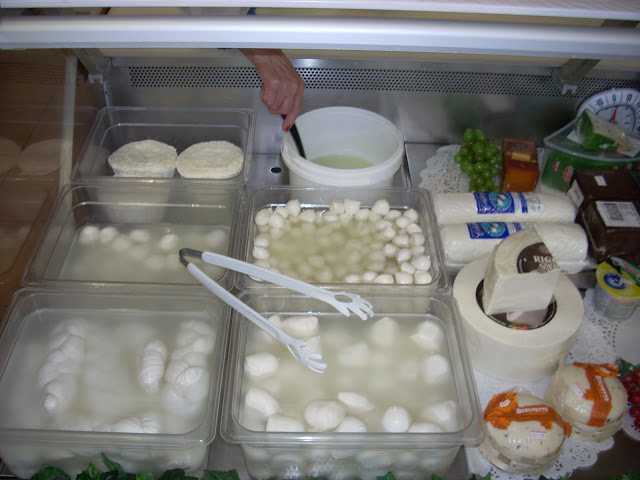big brown horse
Hoof In Mouth
I'm going to be getting a dairy ewe soon and I need to know which one to get.
I have a choice b/t an Icelandic or another "cross" of dairy sheep. The main difference is that the Icelandic will provide milk for up to 6 months. The cross will only provide milk for about 4.
I use and drink milk year round. Sheep milk can be frozen, stored (below 0) and thawed without any separation or taste issues. (Do deep freezers even go that low?)
Which one do you think would be best for a small family? I do want to make cheeses and kefir and I have other animals that can use the milk too.
I have a choice b/t an Icelandic or another "cross" of dairy sheep. The main difference is that the Icelandic will provide milk for up to 6 months. The cross will only provide milk for about 4.
I use and drink milk year round. Sheep milk can be frozen, stored (below 0) and thawed without any separation or taste issues. (Do deep freezers even go that low?)
Which one do you think would be best for a small family? I do want to make cheeses and kefir and I have other animals that can use the milk too.



 i want one SOOOO bad. (ok, i want WAY more than one, but one is a start)
i want one SOOOO bad. (ok, i want WAY more than one, but one is a start)